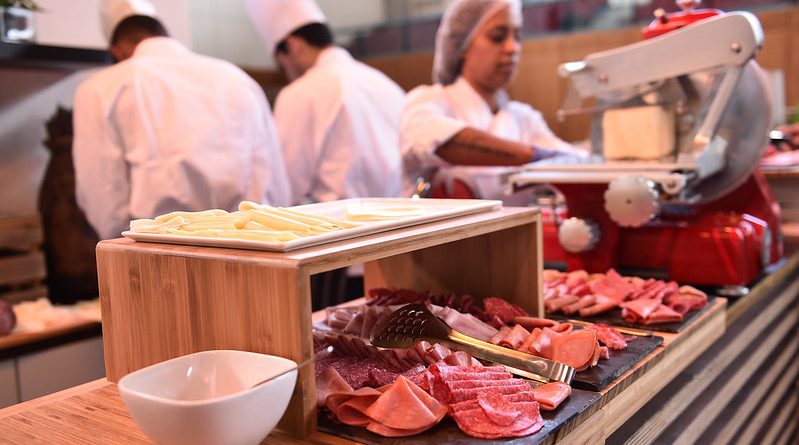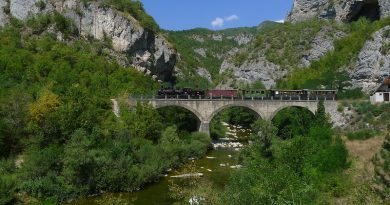How the Age of Discovery formed the Portuguese Cuisine
Portugal, once one of the great European empires is situated in the North Atlantic and shares a 500 mile coastline with Spain.
What makes Portuguese cuisine different is the country’s isolation from the rest of Europe and its search for new lands. It was the Portuguese who launched Europe’s Age of Discovery in the early fifteenth century. The Portuguese who charted the west coast of Africa and who rounded the Cape of Good Hope, who discovered Brazil, who found the sea route to the East’s treasury of spices.
The Moors also left his mark here with an array of rich egg, almond and fig sweets.
The cuisine is one of the most imaginative and exuberant in Europe. Yet, it’s economical, approachable, because it calls for few ingredients. What distinguishes Portuguese cuisine is their innovative teaming of meats with fish, fish iwth fruits, eggs and fish. And a cuisine where nothing is wasted, ever.
Lisbon is an old city, the heart of the Age of Discovery and was once one of the world’s richest cities.
The Portuguese helped map the Globe and brought back home rare spices, exotic fruits and nuts from their colonies in Africa, Asia and the Americas. As a result, the Age of Discovery dramatically affected National cuisine, making it different from its Mediterranean neighbours.
The Arabs were the first to plant rice in Portugal. The word Arroz comes from the arab word Ar-rus. Until the 16thcentury, rice was only eaten by the Aristocracy and then it became very popular in the streets of Lisbon because local women created a new dish – rice pudding (arroz doce) which is a national dish now.
When the Portuguese launched Europe’s Age of Discovery in the early fifteenth century, intrepid explorers discovered new routes to India, Brazil and West Africa.
Vasco da Gama was the first European to open a sea-based trade route to India. In an epic voyage, he sailed around Africa’s Cape of Good Hope and succeeded in breaking the monopoly of Arab spice traders. His ships brought precious spices – curry, cinnamon, cloves, nutmeg, pepper.
And as Portugal’s overseas empire expanded, the other exotics of the East (rice and tea), of Africa (coffee, broad beans and peanuts), not to mention New World pineapples, peppers sweet and incendiary, tomatoes and potatoes ,made their way into the Portuguese pot.




